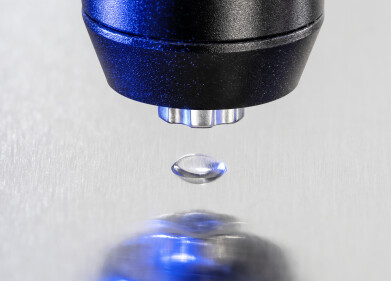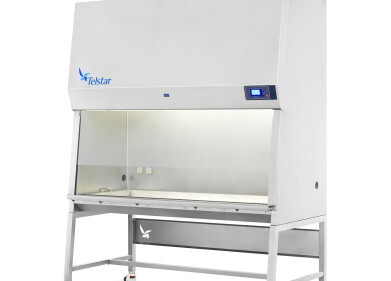Laboratory Products
Stroke Blood Test that could Increase use of most Effective Treatment Five-Fold
Nov 05 2012
Researchers at the University of Geneva (UNIGE), in collaboration with UK company Proteome Sciences plc (PS) describe a simple blood test that could substantially increase the number of patients eligible for highly effective ischaemic stroke therapy in a landmark paper ‘Blood Glutathione S-Transferase-p (GSTP) as a Time Indicator of Stroke Onset’.
Ischaemic stroke (which accounts for around 85% of strokes) can only be treated effectively with the ‘clot busting’ drug, rt-PA, if administered within a time window of up to 4.5 hours after symptoms start in the UK (up to 3 hours in the US). Approximately 35% of stroke victims are currently ineligible for treatment with rt-PA as they do not know the time of onset because the stroke occurs during sleep or the onset symptoms may not have been obvious. This blood test enables doctors to determine the time window in which a stroke has occurred and could give many of these individuals access to this crucial treatment.
The University of Geneva study reports the outcome of a long-running trial of 29 blood proteins that Proteome Sciences and its partners have previously identified as early markers of brain damage associated with stroke. In particular, the authors sought to identify readily available protein markers that help establish the time of onset of the stroke as an aid to select appropriate thrombolytic treatment. This will be particularly useful in cases where patients do not know when the stroke occurred. One protein, GSTP, showed an almost instantaneous increase in the blood of stroke patients, peaking at 3 hours after onset and returning to normal levels within approximately 6 hours.
Extrapolating the results of this study retrospectively across 555 patients who were admitted to the Geneva Hospital in 2006/7 with suspected stroke, but who did not know when their stroke symptoms started, indicates that testing for GSTP on all suspected stroke victims at admission, or preferably during initial assessment during transport to the hospital, could result in as many as five times more people being eligible for the highly effective rt-PA treatment for ischaemic stroke.
Digital Edition
International Labmate 49.6 - Sept 2024
September 2024
Chromatography Articles - HPLC gradient validation using non-invasive flowmeters Mass Spectrometry & Spectroscopy Articles - From R&D to QC, making NMR accessible for everyone: Putting NMR...
View all digital editions
Events
Sep 29 2024 Singapore
Oct 06 2024 Liverpool, UK
Oct 08 2024 Gothenburg, Sweden
Oct 09 2024 Birmingham, UK
Oct 09 2024 NEC, Birmingham, UK



.jpg)














